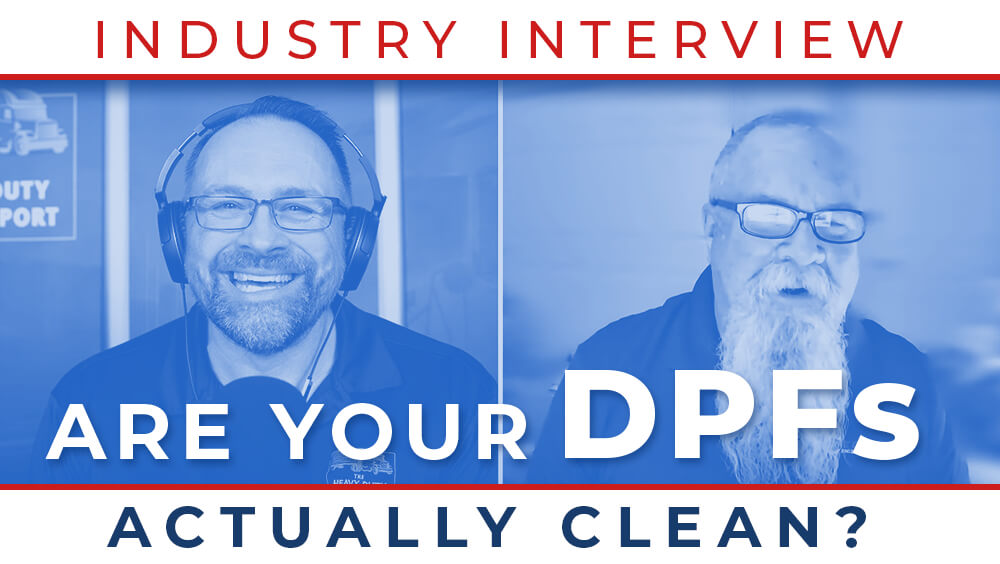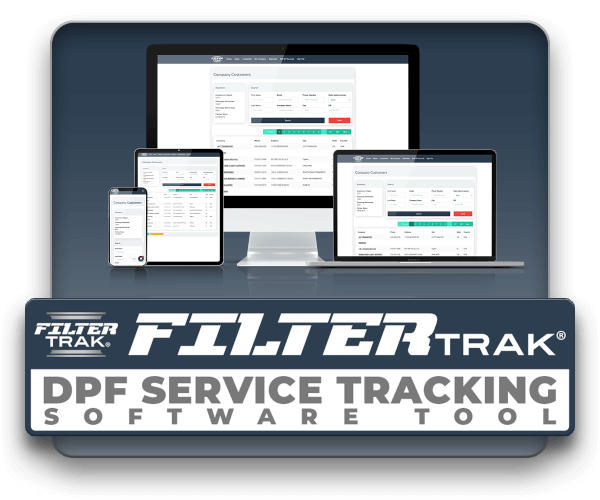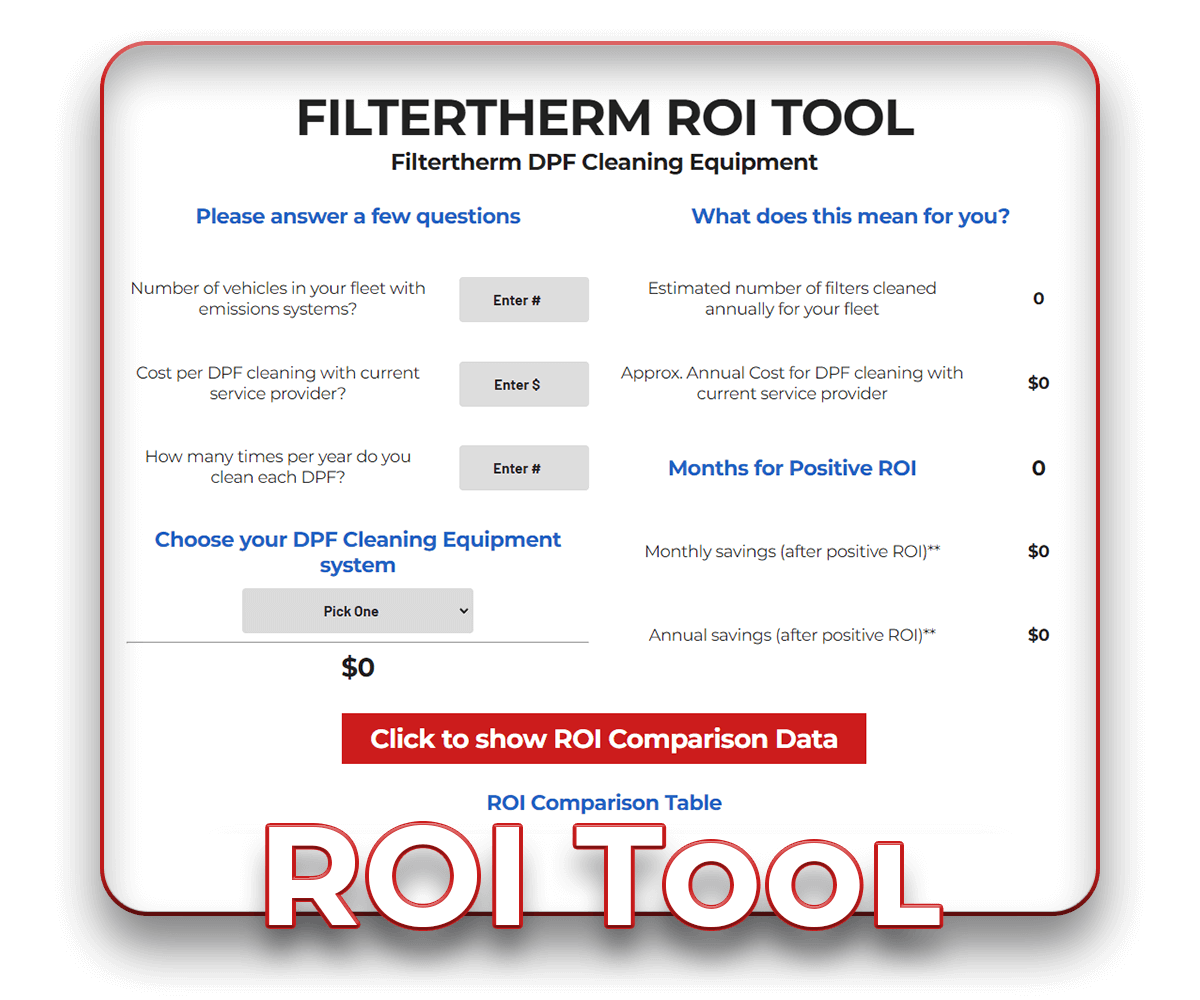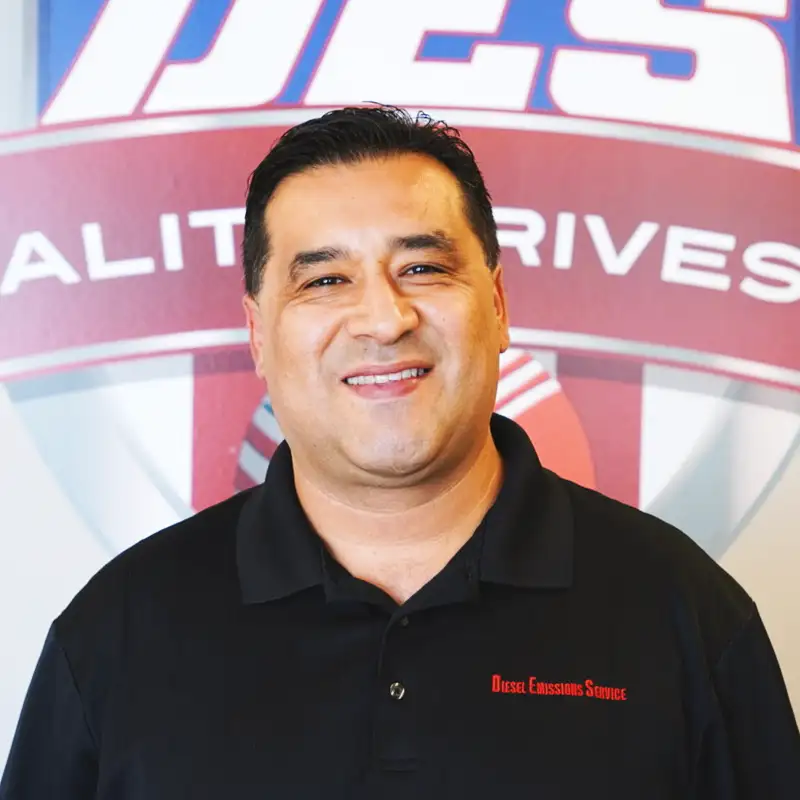Are there Cracks in Your Current DPF Cleaning Process?
DPF (Diesel Particulate Filter) cleaning plays a crucial role in the maintenance of diesel engines, particularly since environmental regulations have mandated the use of DPFs to reduce emissions. Many facilities are offering these specialized services, but they don’t always get it right. So, fleet owners and operators must ensure their vehicles remain compliant with emission standards and operate efficiently.
Cochrane shared an eye-opening incident about a DPF that was presented as “clean” by an outsource DPF cleaning service provider but showed signs of unregenerated soot.
“I was speaking to a gentleman that was interested in purchasing some of our Filtertherm DPF cleaning equipment… And he had indicated that he’s currently having his filters cleaned by an outside source and I asked who that might be and he gave me a name. Out of curiosity, I visited their website and I was shocked that they had photos of before and after, and the after photos had what appears to be black spaghetti poking out of the holes…”
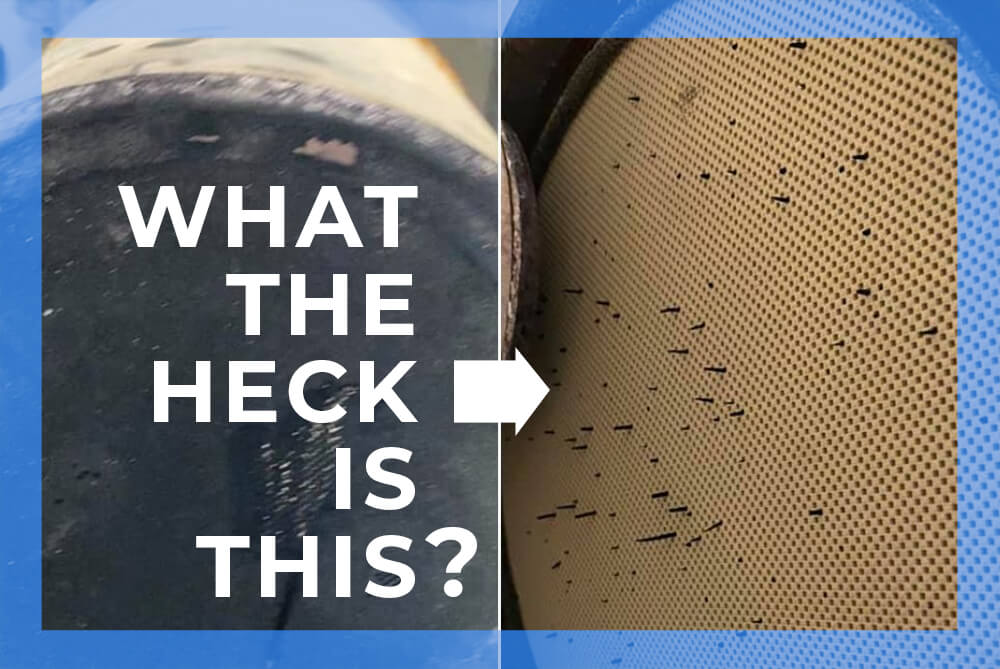
“Now if you’re not familiar with DPF cleaning, you may not realize what those are. It’s unregenerated soot that is still in the cell walls. To us that’s not a clean filter. It needs to be baked at least one more time.
… My concern is how many other shops are out there without the experience to understand what a clean DPF looks like and how many fleets receive DPFs back without really checking, as the saying goes ‘trust but verify’…”
A subpar DPF cleaning can lead to a series of mechanical issues and increased costs for fleets.
Cochrane elaborated:
“You’re not going to get any reliable service life out of that filter before it needs to be pulled again and cleaned… It causes all sorts of questions to be raised when really the root cause is the original filter was not cleaned properly…”
Additionally, “the engine’s going to start regenerating or ask for manual regenerations more frequently. You’re going to get performance issues. High back pressure can cause turbo problems, EGR problems, all sorts of issues. So having a clean filter on your vehicle is pretty important.”
Improperly cleaned DPFs don’t just reduce the filter’s service life. They can cause a chain reaction of problems, including compromised engine performance, turbo and EGR issues, and frequent regeneration cycles. These issues don’t just affect vehicle performance—they also lead to increased operational costs due to additional downtime and diagnostic work.

“Trust, but Verify” Is Essential After a DPF Cleaning
The conversation emphasized the importance of verifying the cleanliness of DPFs after servicing. Irvine and Cochrane advised seeking tangible proof, such as documentation of the filter’s weight and flow tests before and after cleaning, as well as conducting a physical inspection using a pin test.
Cochrane: “Look for documentation. Many of the DPF equipment manufacturers such as Filtertherm, have software packages that allow you to track DPF cleanings and report on what you’re seeing when the DPF comes through the door…”
The Benchmarking Solution
FilterTrak is designed to record all data related to DPF Cleaning such as before and after – flow and weight, pictures, etc.
Leveraging your fleet’s data is vital given the competitive nature of the industry. Tracking your DPF cleaning data can help you spot trends.
Every Filtertherm DPF Cleaning System comes with a free 1-year standard FilterTrak subscription (a $1,200 value).
Cochrane continued:
“…For example, most people will do either a flow test of the filter or a weight test of the filter before it’s cleaned and then again after it’s cleaned and then we do a pin test where you take a 005 welding rod TIG rod and insert it down several of the channels of the filter just to check on the depth, but you should weigh and flow test the filter before the cleaning, and then you do the same process after the cleaning, you should see a notable increase in flow and obviously a decrease in weight…”
When performing DPF Cleaning benchmarking, it’s important to record BOTH the air flow and the weight of the filter – before and after cleaning.

Cochrane went on to say: “…sometimes we’ll clean a filter and we’ll see an increase in flow, but no change in weight and we realized at that point with PIN testing et cetera, that there may be soot like those spaghetti rods that’s allowing the flow to get around the filter, but there’s still restriction in the filter.”
This also illustrates the importance of experience to understand the nuances of DPF cleaning.
This well-informed, comprehensive, “trust but verify” approach gives you confidence that your DPFs are genuinely clean and helps protects your fleet from the consequences of improperly cleaned filters.
If you want the Job done right sometimes you have to do it yourself.
We’ve all thought this at one point or another. This often leads to this question: Why not clean our DPFs in-house?
This leads to the follow-up question: Is there a “magic number” of trucks where it makes sense for a fleet to clean their DPFs?
In general, fleets with 25 or more trucks can benefit from owning their own DPF cleaning system, but ultimately it depends on your fleet’s situation.
Having heard this question many times, Cochrane said: “It varies. I’ve had school fleets with 12 buses that have been interested in cleaning their own DPFs just to be able to get their arms around the process and make sure that the vehicles are serviced when needed and they’re not waiting in line behind a bunch of other people.”
Each fleet’s needs are different, so while it’s important to get informed about DPF cleaning methods, systems, etc, you will eventually want to run the numbers…

“Show Me the Money”
To help fleet managers and business owners do this we have developed a fleet-specific ROI Tool to help you estimate your potential ROI (Return on Investment).
Cochrane: “…It allows you to run some numbers. Enter how many filters in a week you estimate you’re going to be cleaning, and what type of savings you’ll have from cleaning from outside sources. The average across the country is somewhere between $250 and $350 per DPF cleaning, and then the equipment cost. You input those numbers into the ROI Tool and it will calculate how quickly you can pay for the equipment. And most people are very pleasantly surprised at how quickly that number will pay for itself.”
The Filtertherm ROI Tool
The Filtertherm ROI Tool is designed specifically to allow fleets to estimate their ROI for Filtertherm DPF Cleaning Systems.
Plug in your metrics such as the number of trucks, current cost of outsourced DPF Cleaning, cleanings per year, etc, and get an estimate on how quickly owning your own DPF Cleaning equipment can pay for itself.
The Importance of Exploring DPF Cleaning Solutions
Maintaining DPFs is not just a routine task—it’s a critical maintenance activity that affects a fleet’s overall operation and bottom line.
Investing in high-quality cleaning equipment like Filtertherm’s can enhance operational standards, prevent mechanical issues, and improve a fleet’s financial health.
Filtertherm offers the resources and tools necessary to understand and implement of this approach and make an informed decision.
Get the right DPF Cleaning solution for your FLEET.
Give us a call. Get Answers.
Use our ROI tool to see how quickly this investment can save your fleet time and money. Financing is now available. Check it out!
Call or email to schedule a meeting with our National Sales Manager, Anthony Soto.
